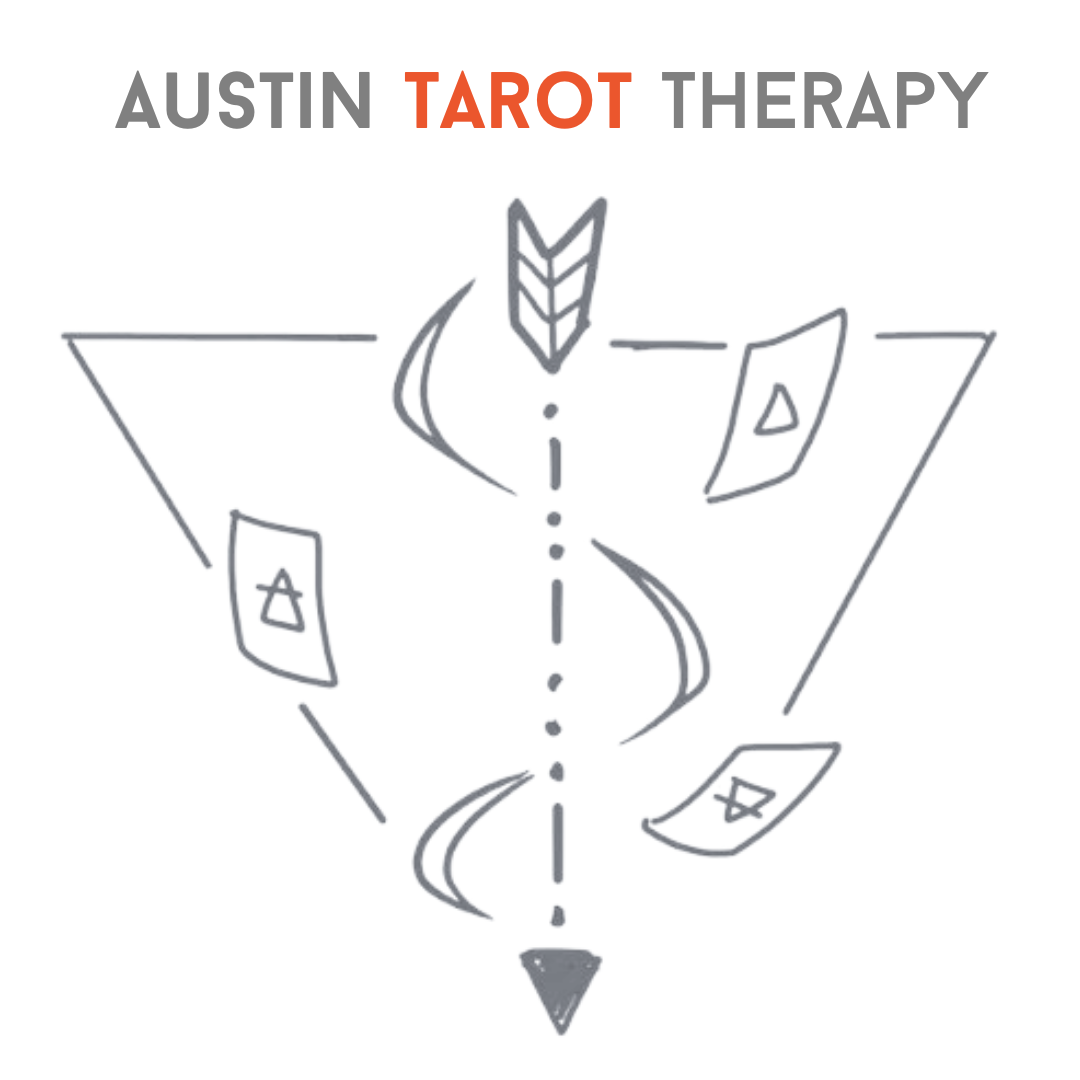Your Inner Child Kept You Safe. Now It’s Time For You To Lead
Your inner child got you here. You wouldn’t be here without them. But now it’s time for you guide them.
From the moment we are born, we begin learning how to protect ourselves. For many of us, those early lessons came through fear. Fear of abandonment. Fear of rejection. Fear of punishment or not being enough.
Our inner child—what psychology sometimes calls the ego—learned quickly. They built patterns to shield us: staying quiet, people-pleasing, pushing harder, or hiding. These defenses were brilliant adaptations. They kept us safe in environments that felt unsafe.
And they worked. Look at you—you’re here. You survived.
But what saved us as children often shackles us as adults.
When Protection Turns Into Anxiety
As adults, the fear that once motivated us begins to morph into anxiety. We remember the sting of rejection. We recall the pain of not being seen. And so our brain, doing its best to protect us, goes into overdrive. It starts ringing alarm bells at every turn.
You want to take a risk? The alarm blares.
You want to speak your truth? The alarm blares.
You want to change your life? The alarm blares.
Pretty soon, it feels like we’re afraid of everything.
Thích Nhất Hạnh often taught that fear is like a child inside of us—crying out for attention. If we meet it with anger or avoidance, it only cries louder. But when we hold fear gently, like a parent holding a baby, it begins to soften.
Gratitude Before Guidance
Instead of resenting your anxiety, pause. Thank it.
Thank your inner child for their vigilance. Thank them for protecting you when you were too young to protect yourself. Thank them for carrying the weight they never should have had to carry.
Then remind them, gently but firmly: I am the adult now. I’ve got this.
This is reparenting.
Thích Nhất Hạnh would call this “mindful embracing.” We don’t push away our difficult emotions. We recognize them, smile at them, and remind them that they are safe in our care.
Reparenting in Practice
So how do we reparent? It isn’t just an abstract idea—it’s a practice.
When fear shows up before a big decision, speak to yourself the way a loving parent would: You’re safe. You can do this. I’m here for you.
When procrastination creeps in, notice the hesitation as a form of self-protection. Ask: What is my inner child afraid of? How can I show them they’re safe now?
When perfectionism shouts, remind yourself: You don’t have to earn love by being flawless. You are already worthy.
When anxiety surges in the body, Thích Nhất Hạnh suggested breathing mindfully and saying: Breathing in, I calm my body. Breathing out, I smile.
Each time you do this, you’re building trust with yourself. You’re teaching your inner child that they’re no longer alone.
Moving Beyond Survival
Your inner child’s fear kept you alive. But thriving requires more than survival.
Everything you want—peace, love, joy, purpose—sits on the other side of fear.
Fear says: stay small, stay hidden, stay safe.
Your adult self says: step forward, take the risk, create the life you want.
In Buddhism, this is called impermanence. The fear that feels so permanent is actually passing. It arises, it stays for a while, and then it goes. Like a cloud moving across the sky, it is never the whole of who you are.
Trusting Yourself
The past may have been dark, but it doesn’t define you. You’ve already learned. You’ve already adapted.
Now it’s time to trust yourself.
Trust that you are protected.
Trust your ability to learn.
Trust your capacity to grow.
Thích Nhất Hạnh wrote, “The present moment is filled with joy and happiness. If you are attentive, you will see it.”
When you release old survival patterns, you create the space to actually experience that joy.
A Closing Mantra
Your inner child kept you safe.
Now it’s your turn to guide them.
Be the steady parent they needed.
Lead with compassion.
Walk with courage.
Because safety was the gift your inner child gave you.
Freedom is the gift only you can give yourself.
And when fear arises again, hold it tenderly, breathe with it, and remember: it too shall pass.


